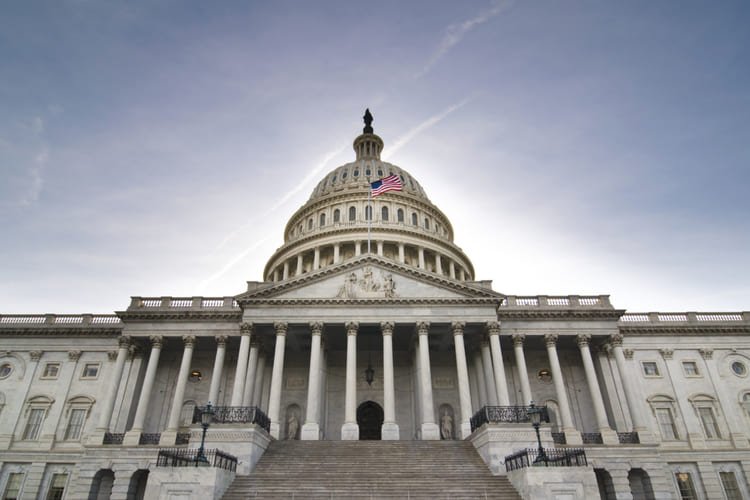US Congress Starts Buzzing with CBDC Talk

The Chair of the Federal Reserve, Jerome POWELL was recently questioned in the US congress about potentially starting a project regarding central bank digital currencies (CBDC) for the local population. The one asking the questions was Congressman Bill FOSTER, who’s already become notorious for pushing the CBDC agenda.
Foster’s questions were mostly designed to lead Powell in a state of discussion where he couldn’t come up with a tangible argument to refuse such an implementation. He did praise the one-currency central management system right now and mentioned that it had already brought the US where it is now, but considering all the discussions happening about digital currencies all over the world, it may be something the US central bank will look into sometime in the future.
A hopeless struggle?
The main difference between Chinese and American crypto regulation systems is how effective they are in the long run. In the US, this particular sector faces quite a lot of bureaucracy, but it doesn’t mean that it’s inefficient. The inefficiency comes when the country is trying to establish the platform rather than maintain it afterward. We’ve seen months of discussions in the US Congress without bearing any tangible results. Congressmen are being extremely cautioned regarding this technology simply because they don’t understand it.
That’s exactly what happened with the Chinese CBDC. President Xi JINPING liked the idea of digital currency dominance and greenlit the project, thus bringing China at a headstart in terms of blockchain adoption.
A string of allies
The biggest resource that the US currently has is its string of allies. Almost the whole world has some form of a positive relationship with America, thus opening them up for a digital dollar influence.
However, the Chinese government had been fast at work trying to implement its own soft power across the world as well. The Silk Road, as well as the Belt and Road initiative, is an extremely powerful resource for the popularization of the digital Yuan.
Image courtesy of World-Grain